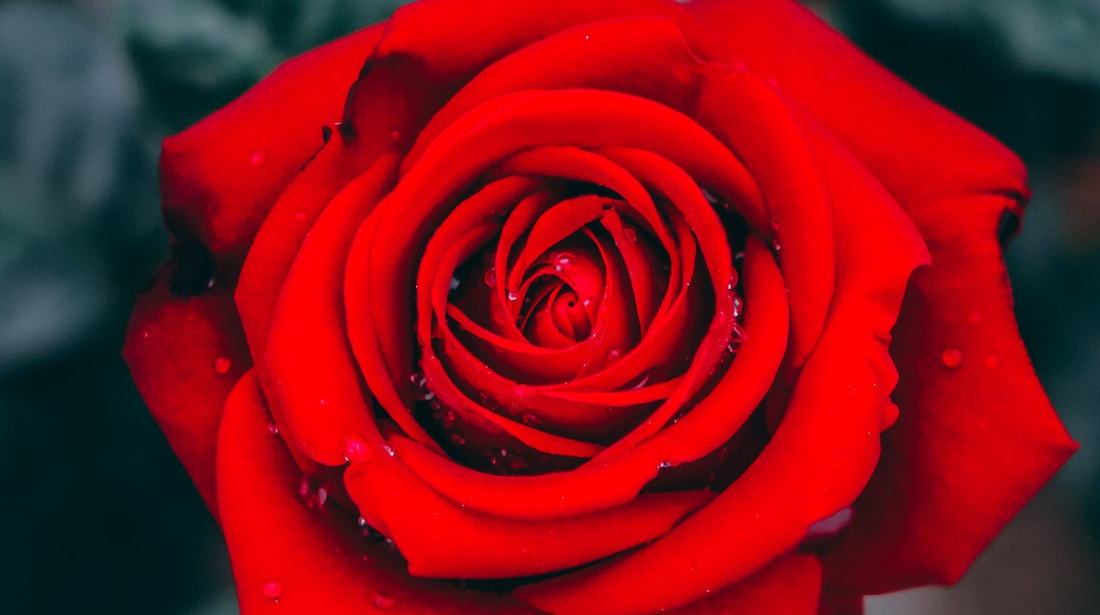|
Where can love be found? Presumably, anywhere: school, the internet, a coffee shop, even, as Rihanna pointed out in her 2011 hit song, in a hopeless place. In 2002, that list grew and love could also be found on television.
Having never seen a single episode of The Bachelor, I thought I would be the perfect person to write about it authoritatively after several hours of research. This impulse was derived, in part, from a friend’s recommendation that I apply to be on the show. Regardless, I will briefly be presenting The Bachelor in three ways: Bachelor as text, Bachelor as subtext, and Bachelor as commodity. Or, in other words, what the show does, what the show says, and what the show is. Part I: The Bachelor as text On its face, the bachelor is a straightforward show. Twenty-five women compete for the affections of one eligible bachelor. Contestants and the bachelor go on dates to gauge their compatibility and each episode ends with a rose ceremony. At the ceremony the titular bachelor gives roses to the subset of women that he would like to keep around and get to know, ultimately leading to a final ~magical~ proposal. In it’s imagery, unsurprisingly, the show leans heavily on romantic elements, elevating and magnifying the fantasy of the show to mythic proportions. There is a mansion, the women wear ravishing evening gowns, there are dates in exotic locations, the show provides the perfect diamond ring. There’s even a “fantasy suite.” While proposal and possibly marriage are the end of the fairy tale, this pedestrian description of the show’s structure does not capture the essence of the themes that the show conveys. Part II: The Bachelor as subtext As you may have already surmised, the “reality” in this reality tv show is anything but. The critiques of the show are many and varied: it fetishizes beauty, it objectifies women, it exclusively celebrates heterosexual romance. As Caryn Voskuil enunciated in the 2006 anthology Television, Aesthetics, and Reality, “television may have the capacity to bring about social change, [but] more often than not, it is a mirror of societies’ values and beliefs - a “myth promoter” that entertains while maintaining the status quo.” The Bachelor has no problem living in the status quo and promoting the existing myths about true love and fantastical romance. Its whole premise is based on these concepts. It takes existing social constructs of dating, both good and bad, heightens them in a ritualistic fantasy environment, and ends with an idealized amplification of those constructs pitched to the audience as reality. This show is not advancing the social discourse. However, that unrealistic fantasy itself may be the escape its audience is looking for. The courtship depicted in the show is a far cry from the real dating world where, according to Pew Research in 2020, more than half of Americans say dating app relationships are equally successful to those that begin in person. But, with some 35% of app users saying online dating makes them more pessimistic, maybe a glimpse into a mythic fantasy, pitched as reality, where traditional values are never challenged is an appealing product. While the underlying messages of the show may not be the most progressive, perhaps these concerns are overblown and the negative societal consequences only manifest if one truly believes in the show’s premise. Is anyone fooled? Does anyone think it accurately reflects reality? Part III: The Bachelor as commodity After 263 episodes, the bachelor and its many spin offs have become a mass produced media product rather than a cultural text. Over those 25 seasons, there were 15 marriage proposals with only two couples currently together, as of this writing. These results savagely undercut the mythic romance narrative sold to the audience in the text of the show, making it unlikely that it is taken on face value. While the problematic subtext remains, the show is now being rigorously dissected and enjoyed through a collection of meta-narratives, narratives grafted on top of the repetitive framework of the show, rather than the surface-level text of the show One such meta-narrative analyzes the show’s production logistics. How many instagram followers do the contestants have? How do producers make people cry or find the perfect shot to make it look like a fight occurred? Another looks at The Bachelor as sport. The Bachelor has many of the same attributes as traditional sports: weekly appointment viewing, suspense, narratives, ritual, and excitement. There are fantasy bachelor brackets and leagues. These meta-narratives are possible because of the decades-long commoditization and standardization processes over dozens of seasons. They heighten the enjoyment of watching the show, while abstracting above any problematic aspects or subtexts. Which of these is the true bachelor? Should we believe what the show does, what it says, or what it is? Of course the answer is that it is all three at once. The Bachelor is a complex show, despite the repetitive traditions it has embraced over the years. It is a sports media product about finding love in an unrealistic reality. Which, when I put it like that makes it sound a bit appealing. Maybe I will have to give it a watch. This post was adapted from a seven-minute speech presented at a Toastmasters club.
1 Comment
10/28/2022 03:50:48 am
Discover music something daughter civil reason subject. Claim often series.
Reply
Leave a Reply. |
Archives
July 2023
Categories
All
|

 RSS Feed
RSS Feed